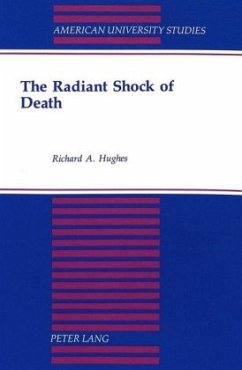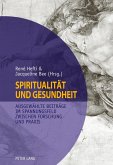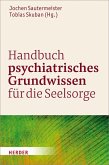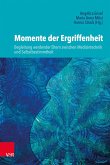This book is an interdisciplinary study of death in relation to epilepsy and the Dostoevsky aura. Beginning with Frederic Myers' psychology of death, it develops Leopold Szondi's theories of the familial unconscious, paroxysmal pattern, and the bridge as symbol of the transcendent self. Specific attention is devoted to death-bed visions, bereavement dreams, and near-death experiences, as well as the symbolism of cancer and AIDS deaths. A theology of death is constructed from the biblical imagery of joy and the concept of death as a nonrational shock event.
"Richard A. Hughes proves his outstanding talent in furnishing a surprising new view of death experience understanding. Leopold Szondi's depth psychology with its proper contributions to the comprehension of paroxysmal-epileptiform patterns, behavioral genetic (genotropism) and of ego psychology turned out to be very helpful for the purpose. The book represents a most important contribution to psychology of death and dying". (Karl Buergi-Meyer, Stiftung Szondi-Institut, Zurich)
"What Dr. Hughes has to say is always interesting and thoughtprovoking. This is a very readable, easy-to-understand book, written in a nice flowing style, so much so, that the reader will want to take his/her study of the subject still further, and this is a recommendation in itself because, these days, there are few authors who can write about their subjects with such facility". (Albert Ernst Hughes)
"What Dr. Hughes has to say is always interesting and thoughtprovoking. This is a very readable, easy-to-understand book, written in a nice flowing style, so much so, that the reader will want to take his/her study of the subject still further, and this is a recommendation in itself because, these days, there are few authors who can write about their subjects with such facility". (Albert Ernst Hughes)




